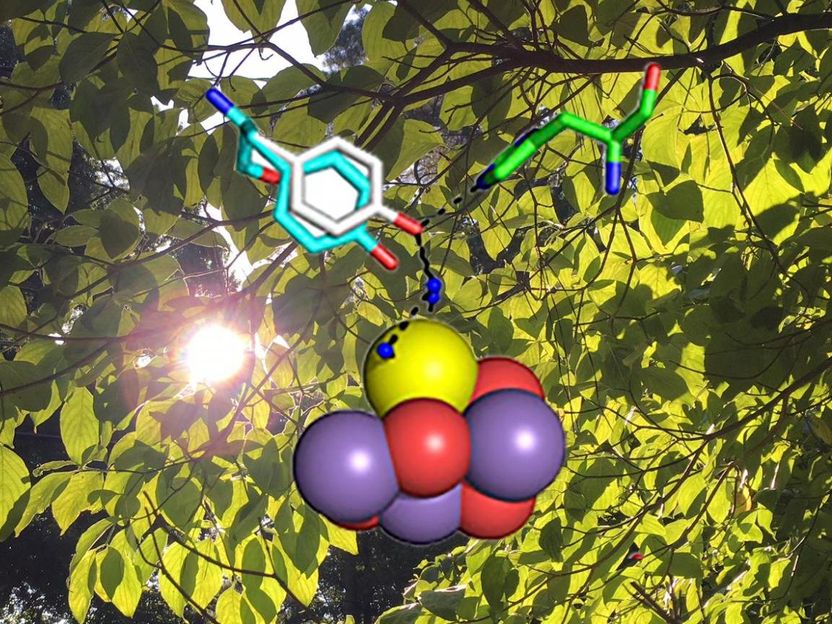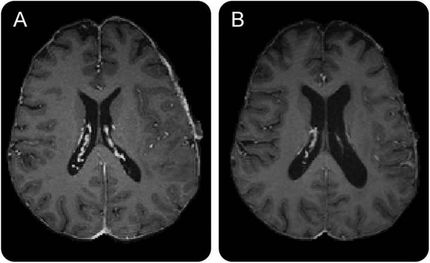YM Biosciences Reports Additional Results From Nimotuzumab Phase III Study in Children With Glioma
YM BioSciences Inc. reported additional results from a completed phase III study of nimotuzumab in children with diffuse intrinsic pontine glioma (DIPG). The updates to the preliminary data at ASCO 2008 were presented by Oncoscience AG, YM's licensee for nimotuzumab in Europe, at the 41st Annual Meeting of the International Society of Pediatric oncology (SIOP).
"These results demonstrate that nimotuzumab continues its long record of differentiated and remarkable safety and that it brings important benefits to children with this disease who are otherwise subject to aggressive chemotherapy," said Ferdinand Bach, CEO of Oncoscience, the sponsor of the trial. "These additional results showed that the benefit of nimotuzumab, in combination with radiotherapy in patients with diffuse intrinsic pontine glioma, was comparable to the combination of aggressive radio-chemotherapy." Mr. Bach added, "Based on the results of this trial we intend to submit a Pediatric Investigation Plan (PIP) to the EMEA forthwith which, if approved by the Pediatric Committee (PDCO) would support a submission for marketing authorization."
Oncoscience reported that patients were able to stay at home or attend school while undergoing treatment with nimotuzumab. After 24 weeks PR and SD was reported in 76% of the children and the median survival of all patients was 9.6 months, with responders having a median survival of 11.4 months. After one year of treatment, 14 of the 41 patients (34%) were reported alive compared to a historical rate of 39.9% (+/- 4.3%) reported for aggressive chemotherapy and radiotherapy by Wolff et al (J Neuro Oncology Vol. 79. #3, September 2006).
The multi-centre, open-label, single-arm study was completed in 2007 and designed to evaluate the effectiveness of nimotuzumab combined with radiation in children with newly diagnosed DIPG, an inoperable form of brain cancer for which treatment options are severely limited. The study enrolled 42 patients aged 3 to 16 years (median 7 years) between April 2006 and August 2007, with 41 patients evaluable for response. The primary endpoint is reported to be "probability of a patient surviving progression-free six months post-diagnosis or median PFS over six months" and secondary endpoints included overall survival, response rate, toxicity and quality of life. The principal investigator is Professor Udo Bode at the University of Bonn, Germany.
Other news from the department research and development

Get the life science industry in your inbox
By submitting this form you agree that LUMITOS AG will send you the newsletter(s) selected above by email. Your data will not be passed on to third parties. Your data will be stored and processed in accordance with our data protection regulations. LUMITOS may contact you by email for the purpose of advertising or market and opinion surveys. You can revoke your consent at any time without giving reasons to LUMITOS AG, Ernst-Augustin-Str. 2, 12489 Berlin, Germany or by e-mail at revoke@lumitos.com with effect for the future. In addition, each email contains a link to unsubscribe from the corresponding newsletter.
Most read news
More news from our other portals
Last viewed contents
Dementia

Making the oxygen we breathe, a photosynthesis mechanism exposed
Ashley_Treatment
List_of_homologues_of_the_human_reproductive_system
Squamous_cell_carcinoma
Mitral_stenosis
Disease_theory_of_alcoholism
Multiple_endocrine_neoplasia
Cardiac_amyloidosis






















































